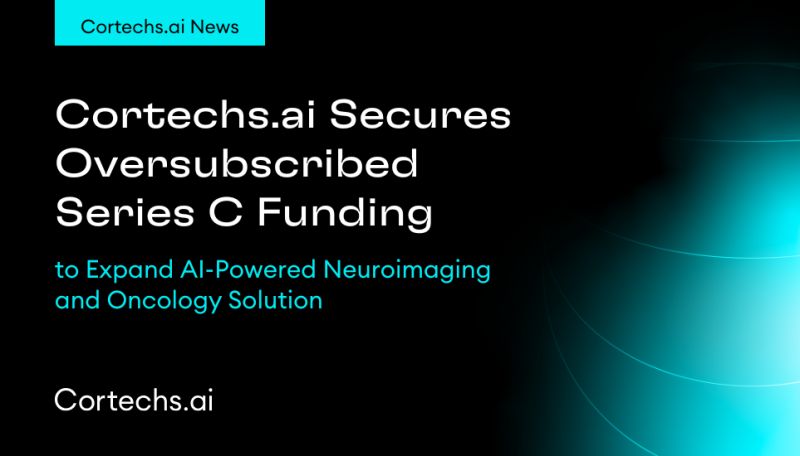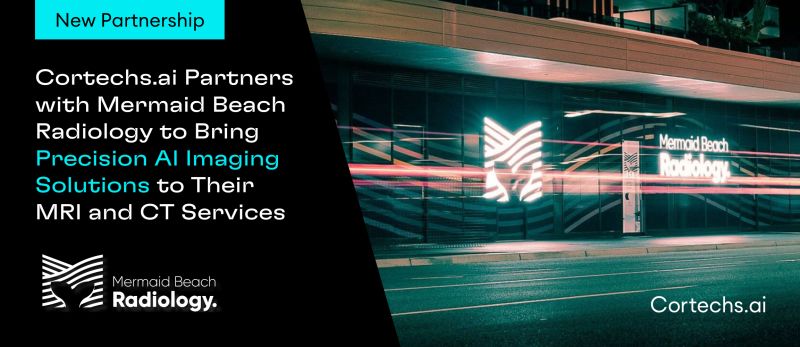PETQuant™ expands the use of NeuroQuant®’s proven and trusted segmentation technology by offering an additional research tool for the evaluation of neurodegeneration.
(San Diego, CA) March 9, 2016 – Cortechs.ai, the leading medical software innovator providing solutions for quantitative brain volume analysis, is pleased to announce the launch of PETQuant as a research tool. PETQuant provides automated and fast post-acquisition analyses of PET brain studies to quantify subregional tracer binding in native patient brain space. PETQuant is compatible with metabolic (FDG) and amyloid (AV-45) tracers.
“At Cortechs.ai, we are passionate about developing software solutions that improve the assessment of neurological conditions,” said Guri Stark, Cortechs.ai’ CEO. “Today, we are very excited to expand our current product offerings to include PETQuant, providing clinical researchers with a new innovative tool in the assessment of neurodegenerative dementias, such as Alzheimer’s disease and frontotemporal dementia.”
PETQuant features and benefits:
Automatic quantification – PET tracer bindings are localized to brain structures identified by NeuroQuant 3D T1 MRI segmentation technology, via Cortechs.ai secure, online system.
Two analysis reports correspond to the PET tracer used – Choose between metabolic (FDG) and amyloid-based (AV-45) analysis reports. Each report provides easy-to-read visual and statistical comparisons of normalized regional PET tracer values compared to normative population data.
This version of PETQuant is suitable for research purposes only. For more information on PETQuant or to schedule a demo, visit cortechs.ai/petquant or contact info@cortechs.ai.
About Cortechs.ai
Cortechs.ai develops and markets breakthrough medical device software solutions capable of automatically segmenting and quantifying brain structures, making quantitative analysis of MRI images of the human brain a routine part of clinical practice. Cortechs.ai’ cutting-edge brain imaging analysis provides neurologists, radiologists, and clinical researchers worldwide with a convenient and cost-effective means to quantify subcortical structures to help assess a variety of neurological conditions, such as Alzheimer’s disease, epilepsy, multiple sclerosis, brain trauma and brain development. Please visit cortechs.ai for further information.
Media Contact:
Stephanie Harrison
Cortechs.ai, Inc.
+1 858 459-9700
info@cortechs.ai


